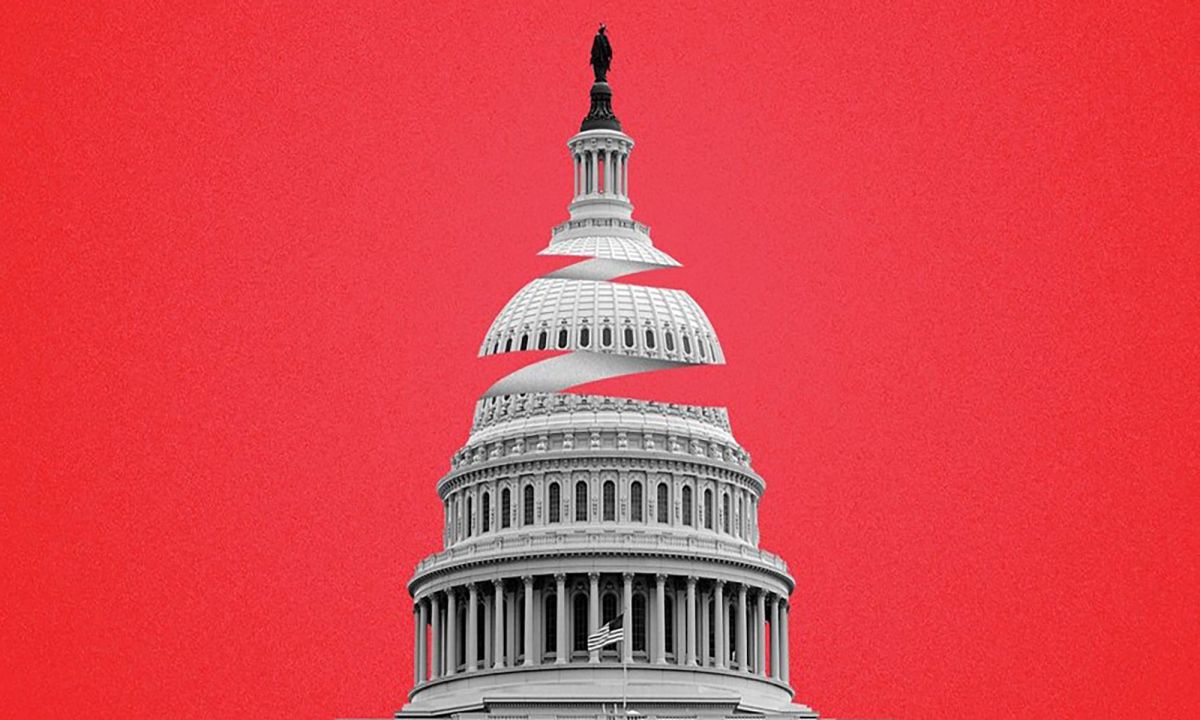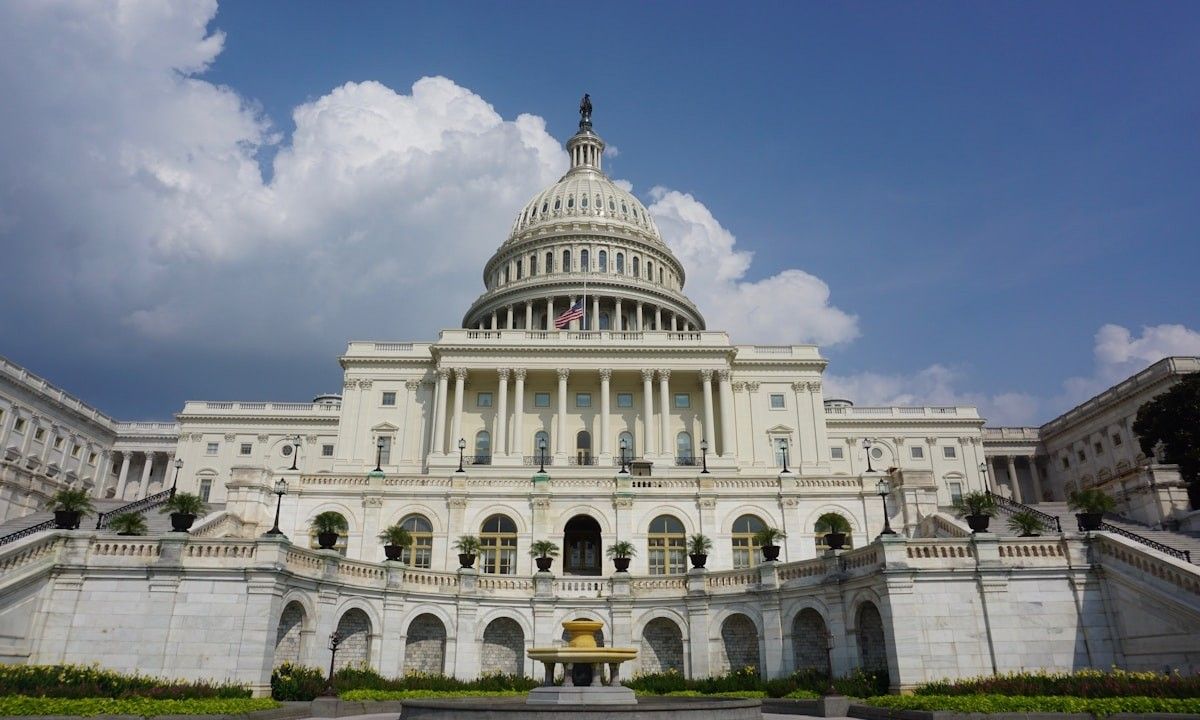Economy, eNews, Government
Biden’s new budget: Grounded before takeoff
It’s a new month and the good news is that Congress finally passed a government funding bill that lasts through September; unfortunately, it’s only half of the government.

It’s a new month and the good news is that Congress finally passed a government funding bill that lasts through September; unfortunately, it’s only half of the government.
However, barring any new drama or developments from the Republican Congressional Retreat, Congress is on track to pass the other half of its appropriations bills next week, putting an end to the monthly shutdown watch, at least for now. We can look forward to some more economic certainty as the Presidential election begins to ramp up in earnest.
Meanwhile, despite much of the focus on both the Republican Presidential primary and Congressional dysfunction, there have been several major developments over the past month that would normally have received significantly more attention. Here are some of the highlights.
End of Mitch McConnell’s Reign over Senate Republicans
On February 28, Senate Minority Leader Mitch McConnell announced that he would retire from Republican leadership in November, setting up a contentious battle to determine who will take over his position as head of Senate Republicans, along with who will make up the 2nd, 3rd and 4th leadership slots. The November timing is noteworthy—either Donald Trump will be the President-elect and will be looking to have an ally in charge of the Senate, or President Joe Biden will be re-elected to a second term and Republicans will likely be looking to elect a leader that moves them away from the former President.
State of the Union Address
On Thursday, March 7, President Biden delivered his State of the Union address with a lot of pressure riding on his ability to portray himself as capable of being President for another four years. Like prior years, he was heckled and fired back without too much trouble, and most agree that his performance certainly didn’t hurt him, which was probably the best Democrats could hope for. From a policy perspective, the address was focused on predominantly campaign messaging: increasing taxes on corporations and the wealthy, helping our allies in Europe and the Middle East, protecting access to in vitro fertilization (IVF) and restoring Roe v. Wade. In short, it was a predictable State of the Union for the one-year of the Presidential election.
Fiscal Year 2025 Budget
Just a few days later, President Biden released his fiscal year 2025 budget outline, to which the media and Congress gave a wholehearted “shrug.” The President’s budget proposal typically is either a wish list proposal that Congress ignores, or a more pragmatic one that starts negotiations for the next year’s funding levels. In this case, it was a little of both. The budget proposed significant tax increases for corporations and more modest increases for those earning more than $400,000 per year, both of which are highly unlikely to become law this year. It also proposed a few funding increases for nutrition programs and a Child Tax Credit. But aside from these and a few other ‘wish list’ proposals, the budget did not go significantly over the budget deal numbers negotiated last year. This indicates that the President wants to continue running on a platform of pragmatism and bipartisanship, but still believes and cares about progressive ideals.
Trade Sits on the Backburner
One word was conspicuously absent from both the State of the Union Address and the FY2025 budget: trade. In what has become a pattern for this Administration, the President continues to focus on building up domestic manufacturing and supporting the domestic workforce, not on new trade agreements to help open markets and lower costs for consumers. We expect this trend to continue and look forward to the Presidential debates where the candidates will likely have to field at least one direct question on trade issues.
TikTok Quasi-ban passes the House
After several failed attempts to ban TikTok because of the company’s ties to China, legislation finally passed out of the House that requires TikTok to be sold to a non-Chinese company, following a series of classified briefings for Members of Congress on how the platform had already been used to modify what content American users see on the app. This is notable for NACM members only in the fact that it establishes precedent for similarly targeted legislation in the future that Congress could use to address national security issues associated with trade or electronic commerce. The bill’s future is more uncertain in the Senate, but the strong bipartisan majority vote in the House will be hard to ignore.





